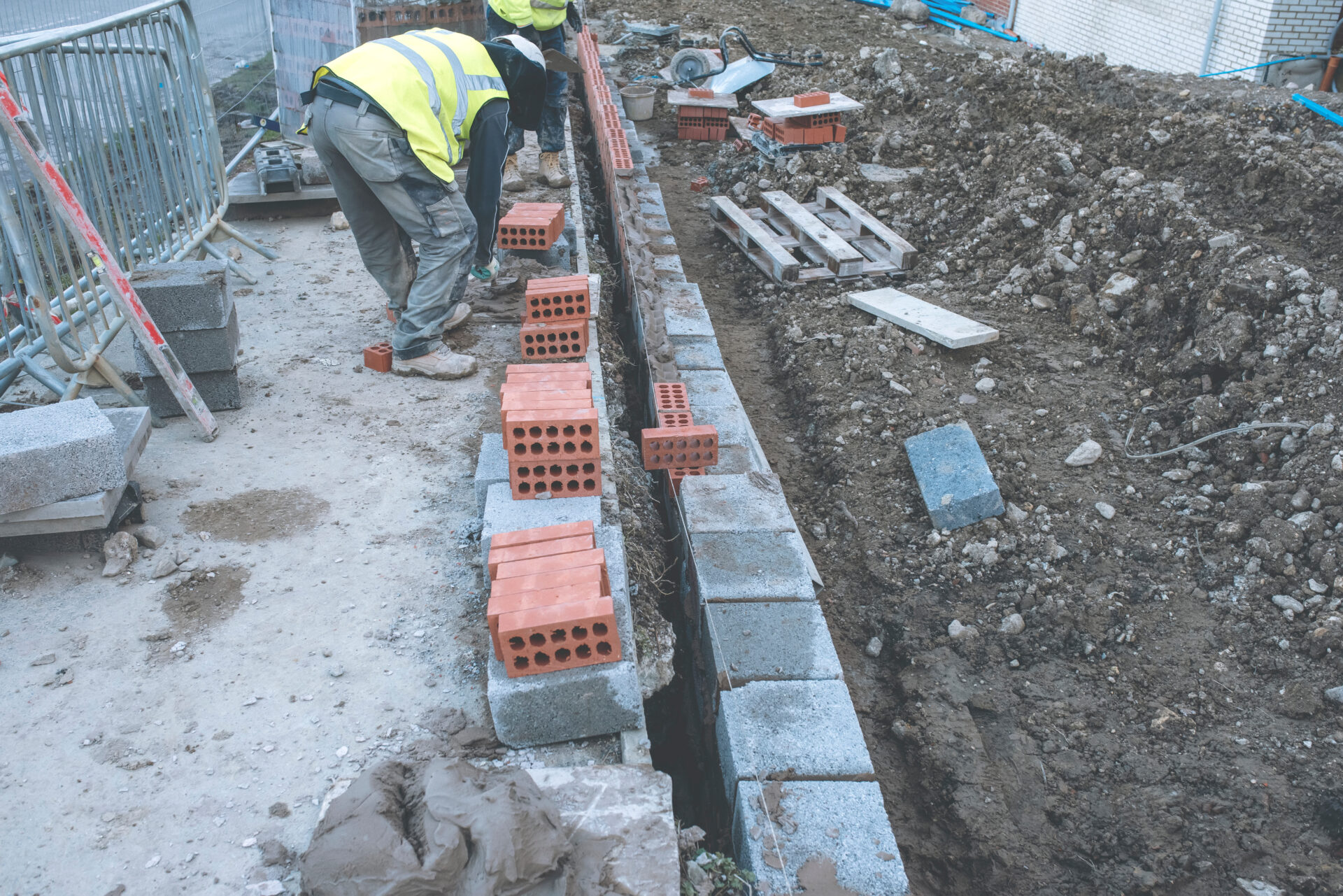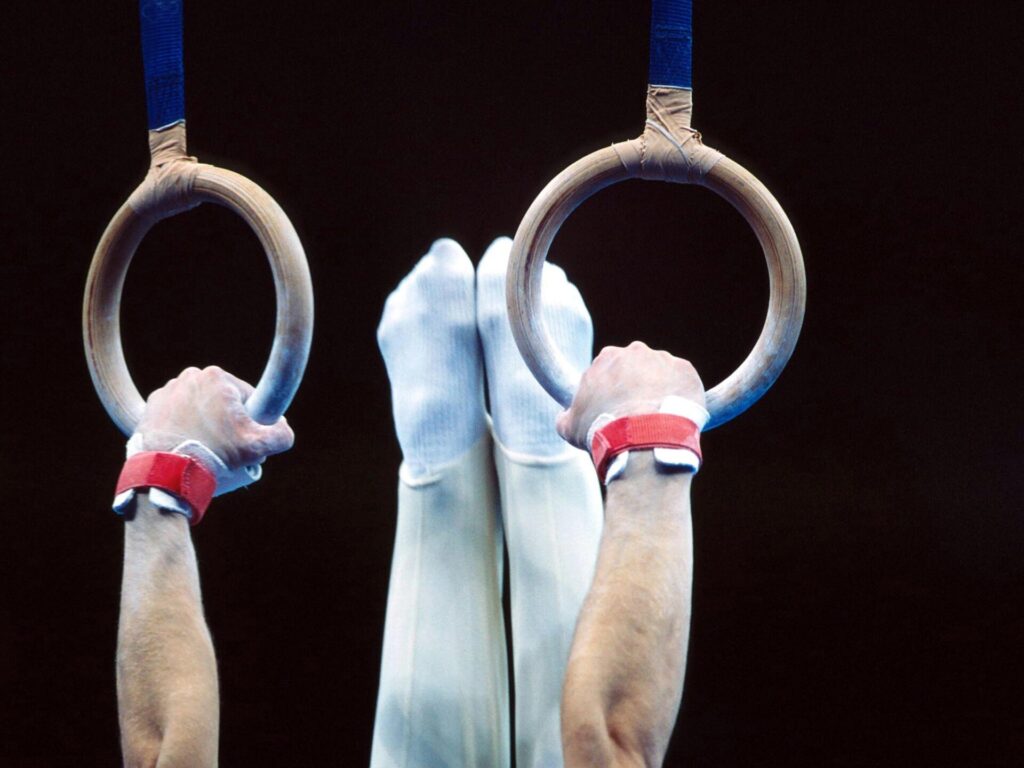General practitioners (GPs) across Northern Ireland have voted to take collective action in protest against what they describe as “inadequate and imposed” Government funding.
According to the British Medical Association (BMA), a staggering 98.7% of GP partners who participated in a recent referendum backed the move, signalling growing frustration and a deepening crisis within primary care services.
The collective action will see GP practices begin withdrawing non-funded services – a significant escalation that marks the first time such action has been taken in the region.
These services, while not part of the General Medical Services (GMS) contract for 2025/2026, consume substantial time and resources, pulling focus away from direct patient care.
Dr Frances O’Hagan, chair of the BMA’s Northern Ireland General Practitioners Committee (NIGPC), said the vote sends a “clear and unequivocal message” to the Health Minister.
She emphasised that this unprecedented decision stems directly from the imposition of the GMS contract on the GP workforce without proper negotiation.
She said: “It should come as no surprise that GP partners have voted overwhelmingly in favour of taking the unprecedented step of collective action.
“This is the first time the GMS contract has been imposed on the GP workforce in Northern Ireland… to force improvements to the 2025/2026 contract offer and save general practice from all-out collapse.”
GPs have long warned that chronic underfunding is undermining the system’s ability to cope with rising patient demand.
O’Hagan said their concerns have “fallen on deaf ears” for over a decade, despite repeated warnings about the impact on patient services.
In her remarks, O’Hagan criticised the Health Minister’s ambition to shift more healthcare delivery into community settings – where general practice plays a central role – without supplying the necessary resources.
During the referendum period, the BMA saw a sharp rise in GP membership, a clear indicator of the discontent within the profession.
A central grievance is the funding gap between what GPs believe is needed and what is being offered.
The BMA had called for an additional £39 per-patient, per-year, but the new contract provides only an extra 50p per-patient, per-year – less than a penny per week.
O’Hagan described the offer as “simply not enough”, adding: “This is how much they value the service GPs provide and how much they value the care of our patients.”
She warned that the contract, along with newly imposed Department of Health proposals on patient access, will not expand the number of appointments available.
Instead, it risks adding more administrative burden through non-patient-facing tasks, further straining already stretched practices.
’Hagan also highlighted the risk of contract hand-backs and cascading practice closures, which could leave communities without access to essential primary care services.
Calling for urgent talks, she urged the Health Minister to return to the negotiating table: “Not one GP who voted in favour of collective action wants to have to go down this road but they feel they have been left with no choice.”

















